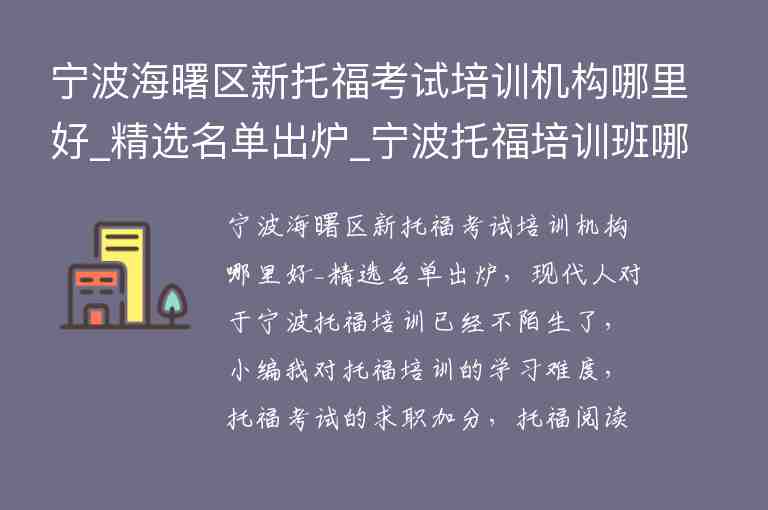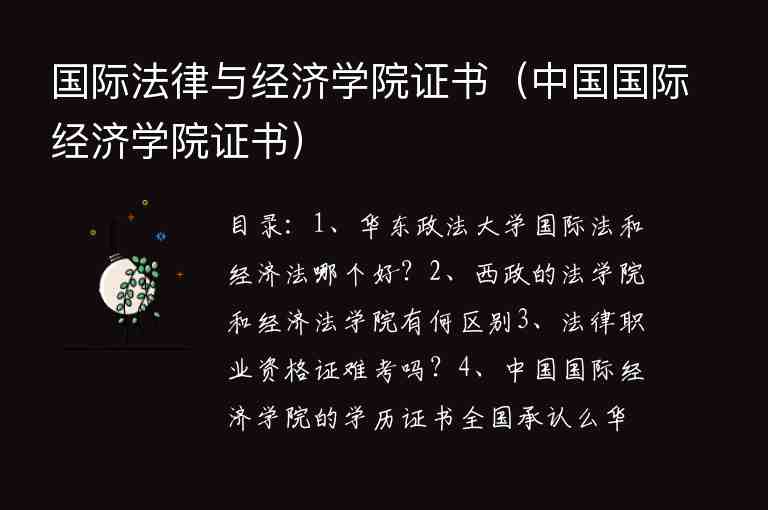ancient是一个形容词,表示“古老的,古代的”。它可以用来形容古代的事物、时期或文明,也可以用来形容某个人或物体的年龄很大,已经存在很久。在英语中,ancient通常指的是远古时期的事物,比如古希腊、古罗马等。它还可以用作名词,表示“古人”或“上古时期”。
怎么读(音标)
ancient的音标为/ˈeɪnʃənt/。
用法
ancient作为形容词时,通常放在名词前面修饰名词。:ancient civilization(古代文明)、ancient ruins(遗迹)、ancient history(历史)。
作为名词时,通常指代某个具体的历史时期或文明。:the ancients(上古时期的人们)、the wisdom of the ancients(上古时期的智慧)。
例句1-5
1. The Great Wall is an ancient wonder of the world.
长城是世界上一项古老的奇迹。
2. The ancient Greeks made many contributions to philosophy and science.
古希腊人在哲学和科学方面做出了许多贡献。
3. The ancient city of Rome was once the center of a vast empire.
罗马这座古城曾经是一个庞大帝国的中心。
4. The ancient Egyptians built the pyramids as tombs for their pharaohs.
古埃及人建造金字塔作为法老的陵墓。
5. According to ancient legends, dragons were powerful creatures that could control the elements.
根据古老的传说,龙是能够元素的强大生物。
同义词及用法
1. old:和ancient一样,old也可以用来形容年龄很大的人或物体,但它更多指的是相对较近的过去。:old buildings(老建筑)、old customs(旧习俗)。
2. antique:指的是古董、古玩等具有历史价值的物品。:an antique vase(一件古董花瓶)、antique furniture(古董家具)。
3. vintage:也可以表示“古老的”,但更多指的是某个时期或年代流行的东西。:vintage fashion(流行于某个时期的时尚)、vintage cars(老爷车)。
编辑总结
ancient是一个常用且具有历史意义的词汇,在描述古代文明、历史时期或年龄很大的事物时都可以使用。它还有许多近义词,但每个词都有自己特定的用法和含义,需要根据语境来选择合适的词汇。在使用时,还需注意ancient的读音为/ˈeɪnʃənt/,而不是/ænˈsaɪənt/。




